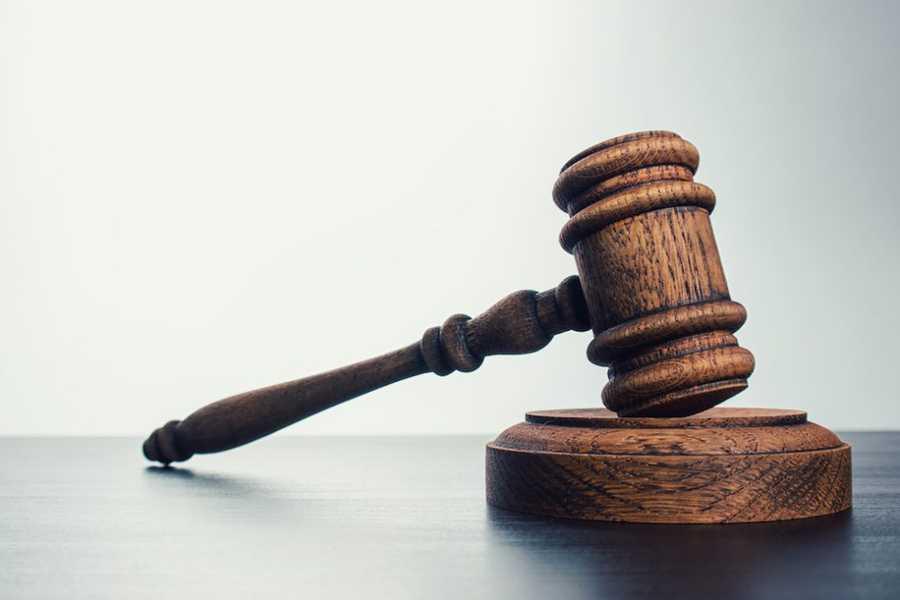The Elusiveness of Justice
The legal system in The Trial is arbitrary, inaccessible, and unfathomable. This reflects the idea that justice is often an unattainable ideal, particularly in systems where power is centralized and accountability is absent.
52
637 reads
CURATED FROM
IDEAS CURATED BY
Studying Artistic Science, Learning Film Making, Practicing Reading and Writing.
Franz Kafka's The Trial is a complex and thought-provoking novel, often interpreted as a critique of bureaucracy, power, and the human condition. Here are five key ideas to learn from the book:
“
Similar ideas to The Elusiveness of Justice
Defining Truth in the Criminal Justice System
This information, although not defining an absolute truth, is always effective for helping the criminal justice system defineits concept of what that “truth” may be.
In the criminal justice system, it is not uncommon to encounter a lawyer who adamantly believes, no matter what the nature o...
Adoption of solar panels
The current pandemic hasn't had as consequence a power outage yet, but there is this risk, in certain places.
Solar panels mark the move away from a more or less centralized system supplying electricity. The benefit of decentralized systems is, simply put, that they don’t have central points o...
The virtue of Justice
Justice is regarded by many to be the most important virtue and it relates to fairness and righteousness.
Justice is important so that everyone in society has their fair share. It is the fundamental morality we hold as humans.
Read & Learn
20x Faster
without
deepstash
with
deepstash
with
deepstash
Personalized microlearning
—
100+ Learning Journeys
—
Access to 200,000+ ideas
—
Access to the mobile app
—
Unlimited idea saving
—
—
Unlimited history
—
—
Unlimited listening to ideas
—
—
Downloading & offline access
—
—
Supercharge your mind with one idea per day
Enter your email and spend 1 minute every day to learn something new.
I agree to receive email updates
